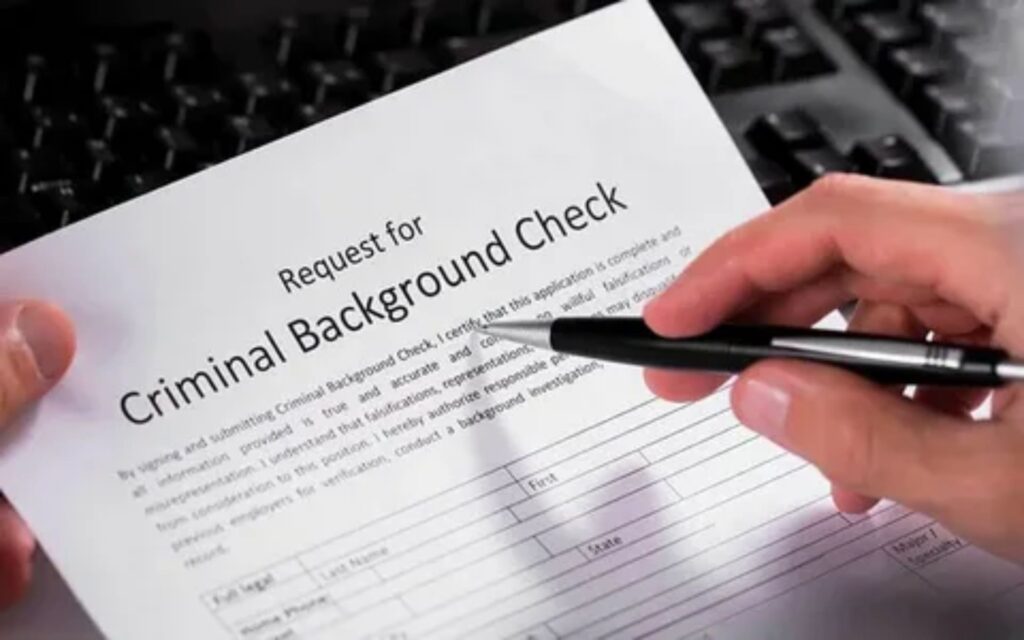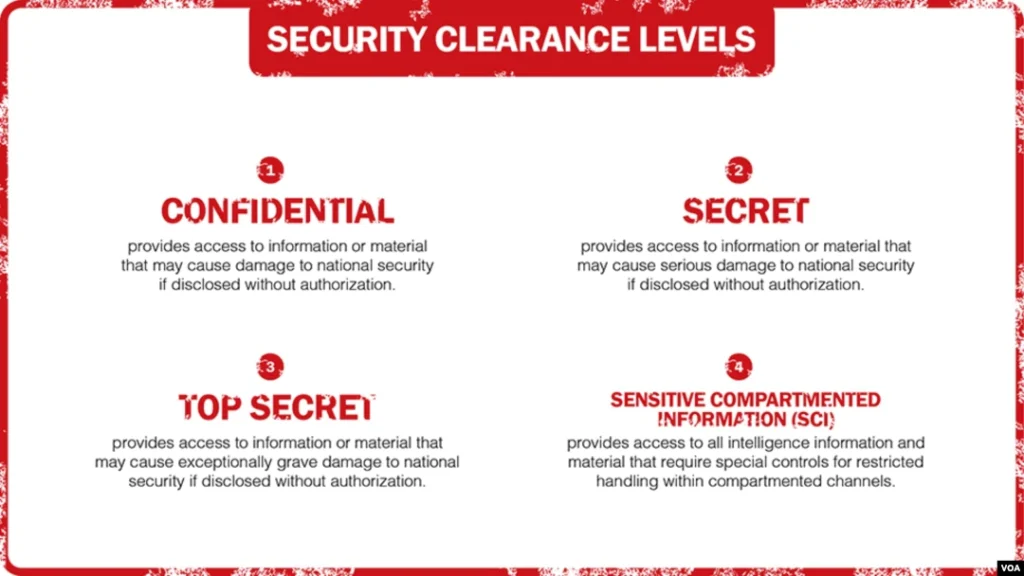
Security guards are integral to maintaining safety and security across various environments, including commercial properties, public spaces, and government facilities. With such a vital role, it’s essential that security guards pass thorough background checks to verify their trustworthiness and capability. Background checks help ensure that only qualified and reliable individuals are entrusted with the significant responsibility of protecting people and property. But a common question many prospective security guards and employers alike have is: How far back does a security guard background check go? In this comprehensive guide, we’ll examine the scope, types, and depth of security guard background checks.
Why Are Background Checks Essential for Security Guards?
Security guards often face high-stakes situations and are tasked with protecting assets, people, and information. They must be vigilant, reliable, and able to respond appropriately to a variety of scenarios, from routine monitoring to managing emergencies. Because of these responsibilities, employers conduct thorough background checks on applicants to assess their criminal history, employment track record, and character.
A comprehensive background check reassures employers that the people they hire can handle the duties of a security guard with professionalism and trustworthiness. It also offers peace of mind to clients and the public, knowing that those charged with security responsibilities have been rigorously vetted.
What Does a Security Guard Background Check Include?
- Criminal History Check
- Employment History Verification
- Character and Reference Checks
- Additional Checks for High-Security Roles
Let’s break down each of these areas in more detail.

Criminal History Check
The criminal history check is one of the primary components of a background check for security guard positions. It examines the applicant’s criminal record to identify any past convictions, arrests, or charges. In many cases, criminal background checks extend back 7 to 10 years, though this may vary depending on the state’s regulations and the policies of the hiring company.
-
Scope of Criminal History Check: Typically, criminal background checks include state and national databases, and they may also involve checking local court records. For higher-security roles, such as those involving federal contracts or working in secure government facilities, an employer may conduct a more extensive search that covers a longer timeframe, potentially up to 15 years or even a lifetime record, depending on the role and security level required.
-
Impact of State Laws and Employer Policies: Some states impose limitations on how far back a criminal background check can go. For example, certain states restrict criminal history reporting to the last seven years for non-felonious offenses. However, felonies may be reported for longer. Employers must also consider company policies and customer requirements when determining the scope of criminal checks.
-
Why Criminal Checks Are Vital: The objective is to confirm that security guards do not have a criminal record that could impact their ability to fulfill the role’s duties responsibly. Background checks seek to identify issues that may indicate a risk to the employer, clients, or the general public.
Employment History Verification
Employment history verification is another crucial part of a security guard background check. This process verifies an applicant’s previous job roles and checks for any concerning patterns, such as frequent job changes, terminations, or gaps in employment. Verifying employment history helps employers ensure that the candidate has relevant experience, can handle responsibilities, and has maintained professional conduct in prior roles.
-
Length of Employment History Review: Employment history checks typically cover the past 7 to 10 years. This timeframe allows employers to get a comprehensive view of an applicant’s recent work experience, including performance, reliability, and loyalty to previous employers. However, for more sensitive positions, such as those involving high-security access, employers may review an applicant’s entire employment history.
-
What Employers Look For: Employers generally focus on key areas, such as role titles, employment dates, and reasons for leaving previous jobs. They may also look for any disciplinary actions, such as terminations due to misconduct, and note any positive achievements or references. Red flags like frequent job-hopping, dismissals, or unexplained gaps may lead to further investigation.
-
Significance of Employment Verification: Security roles require stability and consistency. By assessing a candidate’s employment history, employers can gauge whether they are likely to fulfill the role’s demands and stay committed over time.
Conclusion
A security guard background check is an essential step in the hiring process, typically covering the last 7 to 10 years of an applicant’s criminal history, employment record, and character references. For more sensitive or high-security roles, these checks may extend further to provide a comprehensive view of the candidate’s reliability. Although the depth and scope of background checks vary depending on state laws, employer policies, and client requirements, these assessments ultimately serve to protect both the employer and the public by ensuring that only qualified individuals are entrusted with security duties.
Through these rigorous checks, employers ensure that security guards possess the integrity, professionalism, and dependability required for the role, fostering a safer environment.


